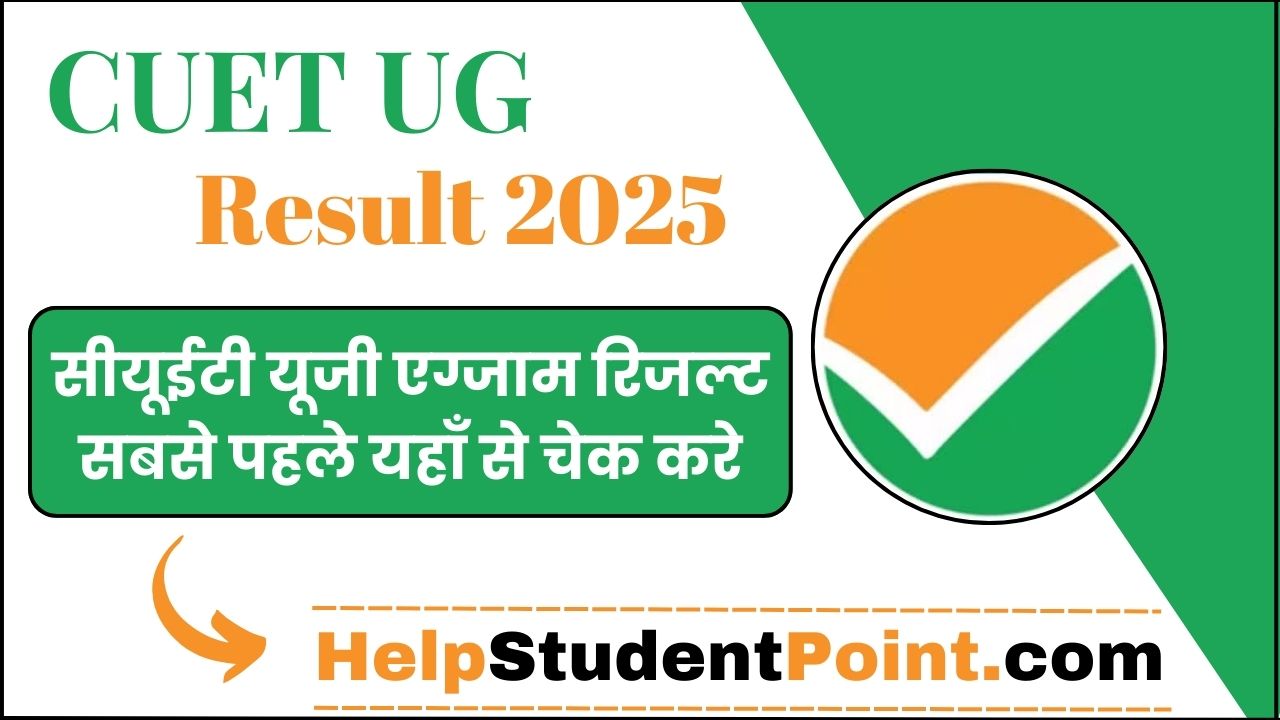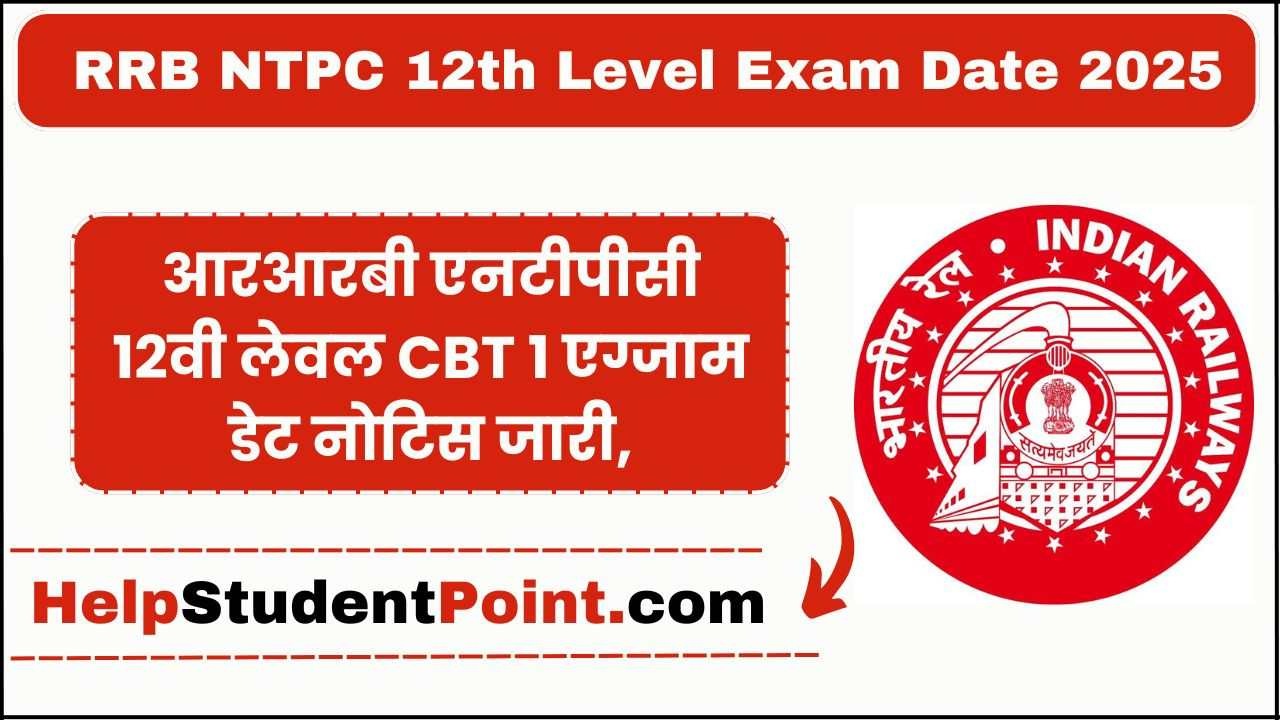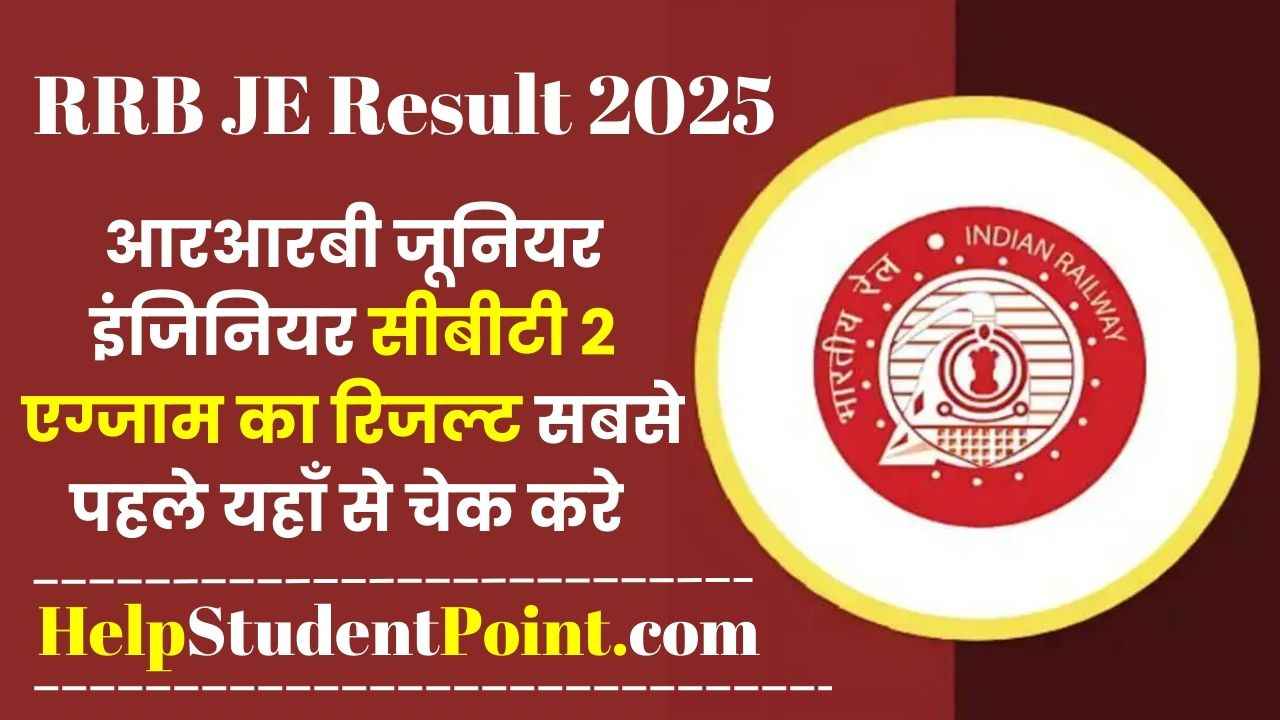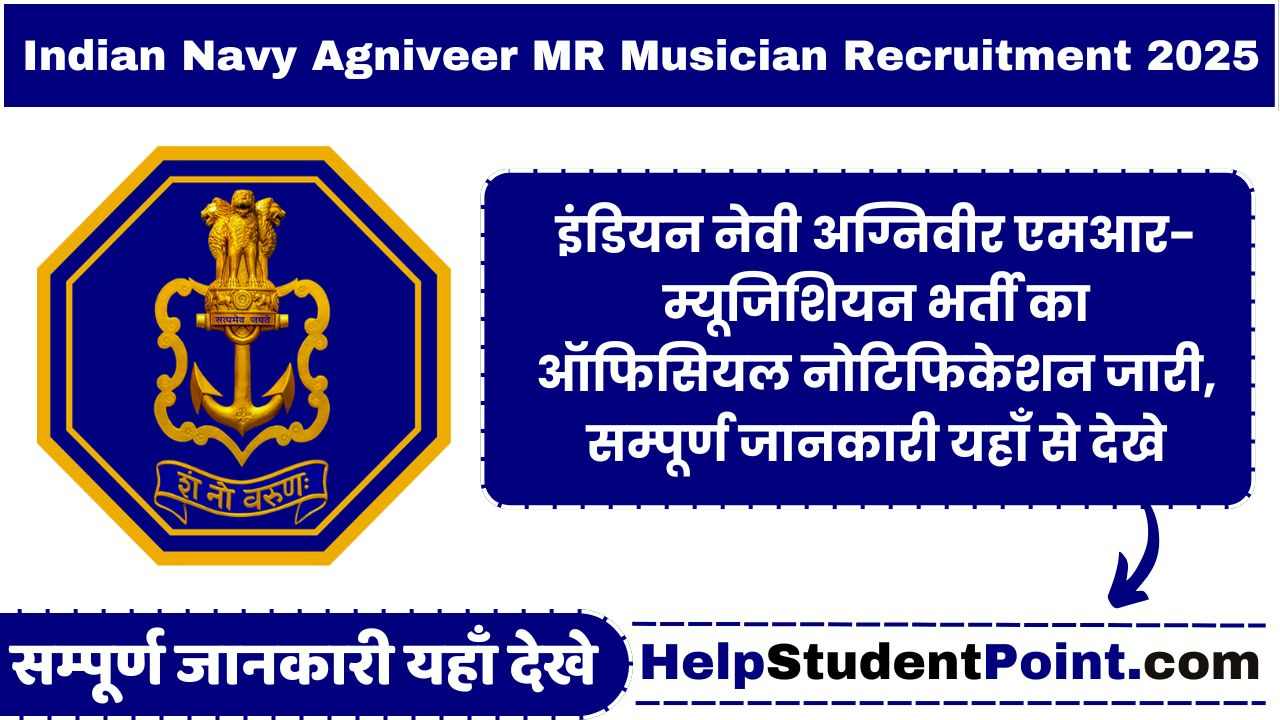UPSC CSE Santhali Syllabus for Paper-I, UPSC CSE Santhali Literature Syllabus for Paper-II upsc Santhali literature syllabus download, santali books for upsc, upsc santali question paper, upsc Santhali literature syllabus, upsc syllabus, santali literature books, Santhali language syllabus for upsc, upsc syllabus 2025 pdf
| UPSC CSE Santhali Literature Syllabus for Paper-I |
|
Section A
- Part I—History of Santhali Language
1. Main Austric Language family, population and distribution.
2. Grammatical structure of Santhali Language.
3. Important character of Santhali Language: Phonology, Morphology, Syntax, Semantics,
Translation, Lexicography.
4. Impact of other languages of Santhali.
5. Standardization of Santhali Language.
- Part II—History of Santhali Literature
1. Literary trend of the following four periods of history of Santhali Literature.
(a) Ancient Literature before 1854.
(b) Missionary period Literature between 1855 to 1889 AD.
(c) Medieval period: Literature between 1890 to 1946 AD.
(d) Modern period : Literature from 1947 AD to till date.
2. Writing tradition in History of Santhali literature.
Section B
Literary forms—Main characteristics, history and development of following literary forms.
- Part I
Folk Literature in Santhali—folk song, folk tale, phrase, idioms puzzles, and Kudum.
- Part II
Modern literature in Santhali
1. Development of poetry and prominent poets.
2. Development of prose and prominent writers.
(i) Novels and prominent Novelists.
(ii) Stories and prominent story writers.
(iii) Drama and Prominent Dramatist.
(iv) Criticism and prominent critics.
(v) Essay, sketches, memoirs, travelogues and prominent writers.
- Santhali writers
Shyam Sundar Hembram, Pandit Raghunath Murmu, Barha Beshra, Sadhu Ramchand
Murmu, Narayan Soren ‘Toresutam’, Sarda Prasad Kisku, Raghunath Tudu, Kalipada Soren,
Sakla Soren, Digamber Hansda, Aditya Mitra ‘Santhali’, Babulal Murmu ‘Adivasi’, Jadumani
Beshra, Arjun Hembram, Krishna Chandra Tudu, Rupchand Hansda, Kalendra Nath Mandi,
Mahadev, Hansda, Gour Chandra Murmu, Thakur Prasad Murmu, Hara Prasad Murmu, Uday
Nath Majhi, Parimal Hembram, Dhirendra Nath Baske, Shyam Charan Hembram, Damayanti
Beshra, T.K. Rapaj, Boyha Biswanath Tudu.
- Part III
Cultural Heritage of Santhali tradition, customs, festival and rituals (birth, marriage and
death).
- PAPER II
|
| UPSC CSE Santhali Literature Syllabus for Paper-II |
Note- The paper will require first-hand reading of the texts prescribed and will be designed to test
the critical ability of the candidate.
Section A
Ancient Literature :
- Prose
(a) Kherwal Bonso Dhorom Puthi—Majhi Ramdas Tudu “Rasika”.
(b) Mare Hapramko Reyak Katha—L.O. Scrafsrud.
(c) Jomsim Binti Lita—Mangal Chandra Turkulumang Soren.
(d) Marang Buru Binti—Kanailal Tudu.
- Poetry
(a) Karam Sereng—Nunku Soren.
(b) Devi Dasain Sereng—Manindra Hansda.
(c) Horh Sereng—W.G. Archer.
(d) Baha Sereng—Balaram Tudu.
(e) Dong Sereng—Padmashri Bhagwat Murmu ‘Thakur’.
(f) Hor Sereng—Raghunath Murmu.
(g) Soros Sereng—Babulal Murmu “Adivasi”.
(h) More Sin More Ndia—Rup Chand Hansda.
(i) Judasi Madwa Latar—Tez Narayan Murmu.
SECTION B: Poetry
Modern Literature
- Part I—Poetry
(a) Onorhen Baha Dhalwak—Paul Jujhar Soren.
(b) Asar Binti—Narayan Soren “Tore Sutam”.
(c) Chand Mala—Gora Chand Tudu.
(d) Onto Baha Mala—Aditya Mitra “Santhali”.
(e) Tiryo Tetang—Hari Har Hansda.
(f) Sisirjon Rar—Thakur Prasad Murmu.
- Part II—Novels
(a) Harmawak Ato—R.Karstiars (Translator—R.K. Kisku Rapaz).
(b) Manu Mati—Chandra Mohan Hansda.
(c) Ato Orak—Doman Hansdak.
(d) Ojoy Gada Dhiph re—Nathenial Murmu.
- Part III—Stories
(a) Jiyon Gada—Rup Chand Hansda and Jadumani Beshra.
(b) Mayajaal—Doman Sahu ‘Samir’ and Padmashri Bhagwat Murmu ‘Thakur’.
- Part IV—Drama
(a) Kherwar Bir—Pandit Raghunath Murmu.
(b) Juri Khatir—Dr. K.C. Tudu.
(c) Birsa Bir—Ravi Lal Tudu.
Part V—Biography
Santal Ko Ren Mayam Gohako—Dr. Biswanath Hansda.
|
Frequently Asked Questions (FAQs) On UPSC CSE Optional Syllabus
Question- What is the UPSC’s Annual Programme (Calendar) of Examinations/RTs (Recruitment Tests)?
Answer – The UPSC publishes an Annual Programme (Calendar) of all the Structured Examinations/RTs conducted by it at least 6 months in advance (i.e. in June) for the Examinations/RTs to be conducted during the next calendar year. The Programme is uploaded on the UPSC’s website as also published in the leading news papers of the country. The date of issue of Examination Notice for each Examination is also mentioned in this Annual Programme.
Question- What happens if a candidate submits multiple online applications?
Answer – While a candidate should avoid submitting more than one online application, in case of doing so, the data provided in the last application (highest RID Number), that is successfully submitted online, is accepted by the Commission. All previous applications are ignored as these are amalgamated with the last completed & finally submitted application. If an applicant (who has already submitted an application successfully) wants to
make amendments in the application, then he has to submit a fresh application on or before the last date of submission of application of the Examination. Therefore, it must be ensured that fee is submitted against the
last online application only, which should also be complete in all respects including its final submission. Fee paid against one RID shall not be adjusted against any other RID number
Question- What action is taken by the Commission in case of submission of false information by the candidates?
Answer – A candidate found to be furnishing false information to the Commission or suppressing information, adopting various unfair means in the Examination like impersonation, cheating, etc., is liable to be disqualified
and/or debarred from writing UPSC Examinations as decided by the Commission. A detailed stipulation in this regard is incorporated in the Rules of Examination/ Examination Notices.





